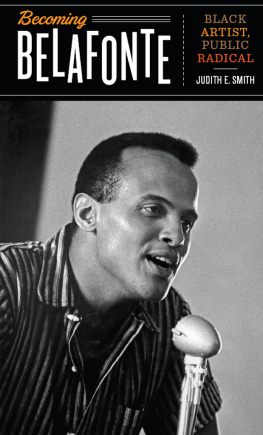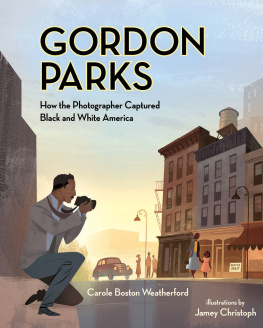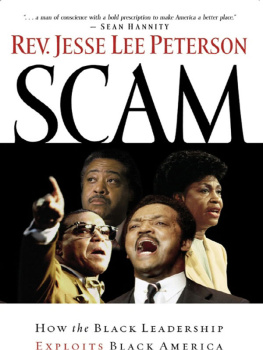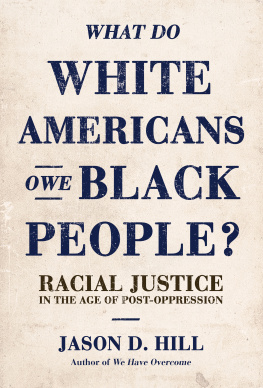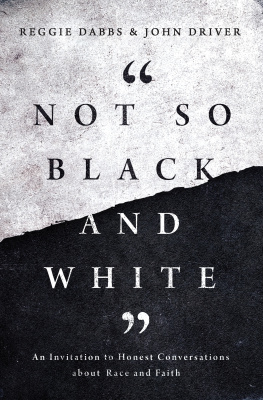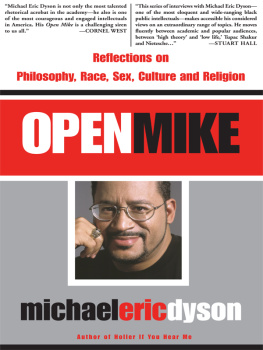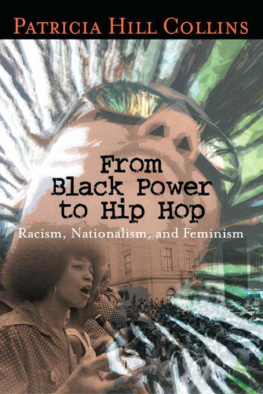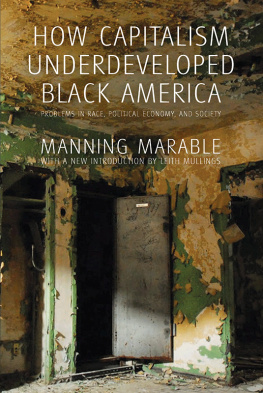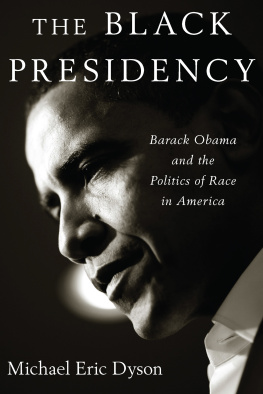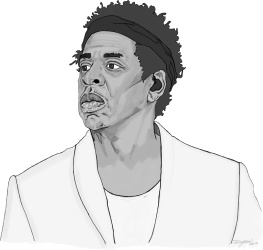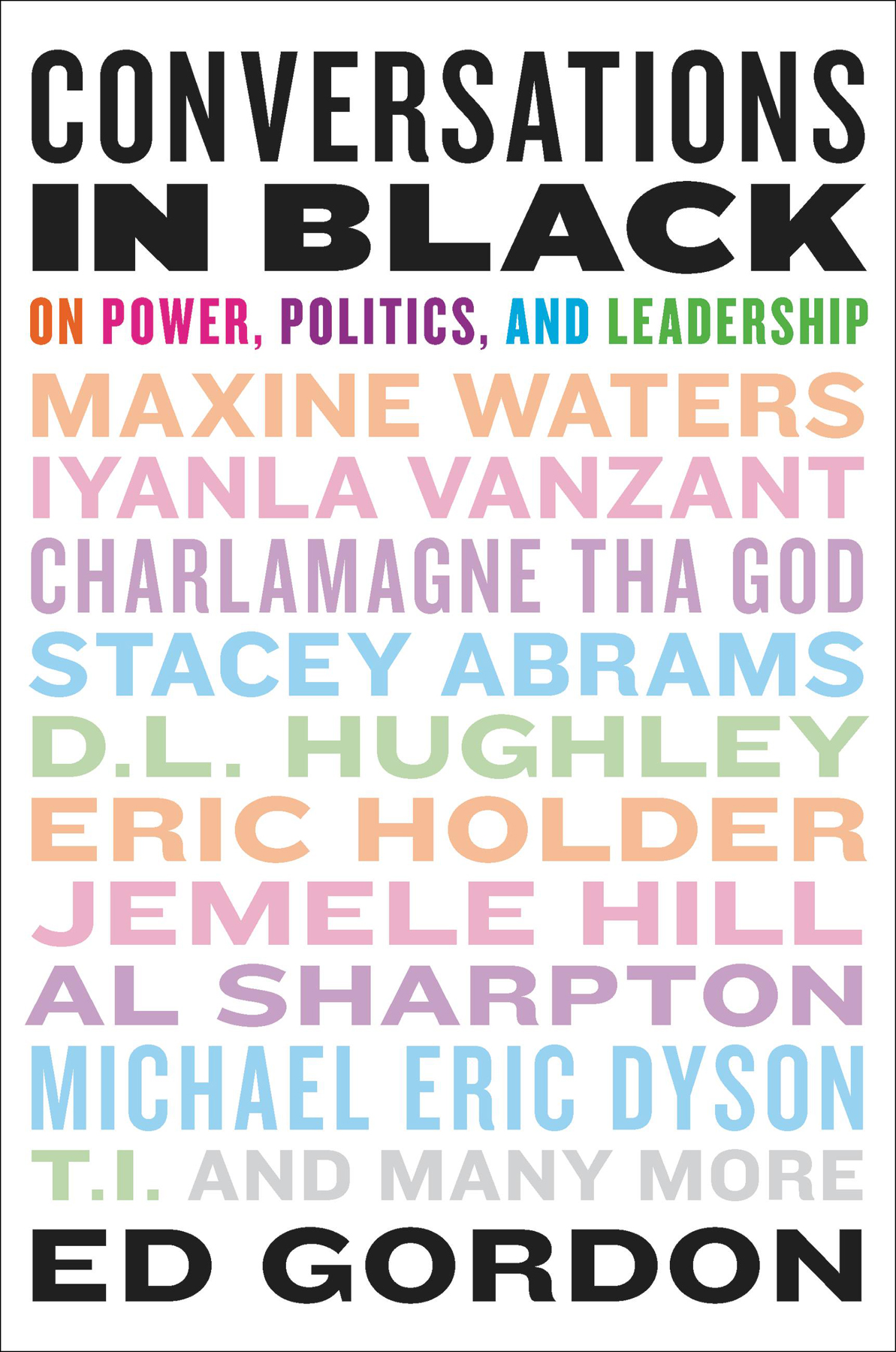
Copyright 2020 by Ed Gordon
Cover design by Amanda Kain
Cover copyright 2020 by Hachette Book Group, Inc.
Hachette Book Group supports the right to free expression and the value of copyright. The purpose of copyright is to encourage writers and artists to produce the creative works that enrich our culture.
The scanning, uploading, and distribution of this book without permission is a theft of the authors intellectual property. If you would like permission to use material from the book (other than for review purposes), please contact permissions@hbgusa.com. Thank you for your support of the authors rights.
Hachette Books
Hachette Book Group
1290 Avenue of the Americas
New York, NY 10104
hachettebookgroup.com
twitter.com/hachettebooks
First Trade Paperback Edition: May 2021
Hachette Books is a division of Hachette Book Group, Inc.
The Hachette Books name and logo are trademarks of Hachette Book Group, Inc.
The publisher is not responsible for websites (or their content) that are not owned by the publisher.
The Hachette Speakers Bureau provides a wide range of authors for speaking events. To find out more, go to www.hachettespeakersbureau.com or call (866) 376-6591.
Library of Congress Control Number: 2019954809
ISBNs: 9780316532860 (hardcover); 9780316533225 (trade paperback); 9780316533058 (ebook)
E3-20210314-JV-PC-REV
To Black folks who, for generations, have fought and beat the odds at every turn.
To all the great people who gave me their time to participate in this conversation, thank you for your dedication to our community.
W hen I first started this project in 2012, seventeen-year-old Trayvon Martin had just been senselessly killed by a neighborhood watchman nearly twice his age. Though Michael Brown, Laquan McDonald, and Sandra Bland were still alive, they, too, would soon become synonymous with injustice. Bill Cosby was stirring up controversy in the Black community for chastising African American parents and educators, but even so, he was still Americas beloved TV dad. Maya Angelou was alive and dispensing sage wisdom as only she could. Barack Obama was finishing up his first term in the White House. The only Black people Donald Trump was (publicly) antagonizing were the African American contestants on The Apprentice. We were still jammin to R. Kellys Ignition (Remix) despite whispers of involvement with underage girls. Maxine Waters was an outspoken congresswoman, but she hadnt quite reached Auntie status yet.
Oh, how times have changed.
From local activism and social justice to national leadership and politics, conversationsgood and badare bubbling up all across Black America, and with passionate pundits, vocal social media influencers, and empowered activists, no one is short on opinions. All in all, weas a communityare expressing our sentiments more than ever before. As a career journalist, I have conducted award-winning and personally rewarding interviews with countless leaders and celebrities, iconic figures who are leading our culture, setting trends, raising visibility, and blazing new trails. Though many of these televised interviews have garnered significant attention, Ive often been most intrigued by the conversations that transpired just after the cameras red light was turned off. Ive always wished that others might be privy to what is said behind closed doors. I started thinking about how powerful and transcendent it could be if a number of these voices were in the same room at the same time. So I decided to put together a series of virtual conversations between Black influencers, in the hope of moving our community forward.
With the glow of Barack Obamas victory still shining over much of Black America, in some respects, the change was coming, just as Sam Cooke had promised. A man of color was in the White House with a first family that was the ideal American family. In the years between then and now, much has changedand not all for the better. Through it all, our discussions, questions, and concerns have ranged from the sublime to the ridiculous to the inspiring. We talked about the record number of candidates of color who entered political races on local, state, and federal levels; ABCs new series Scandal, in which fictional Black superwoman Olivia Pope cleaned up colossal messes and saved the nation time and time again; the night Moonlight first didnt win and then, seconds later, won the Oscar for Best Picture; Kanyes ridiculous statement that slavery was a choice; and even how good Black Panther was!
We talked about all kinds of things. Yet, more frequentlyand rightfully sothe discussions drifted toward areas where people of color saw little or no change. We expressed concern about backsliding (or, as I call it, Black-sliding) as many of the measures of civil rights progress and equality began to decline. We talked ad nauseam about the continued lack of higher education and job opportunities for Blacks, the growing wealth disparity between Blacks and Whites, the danger of simply being born Black that makes the mundanefrom driving to shoppingdangerous, even deadly. Our conversations reveal that, in many cases, the playing field for most African Americans has not changed.
Today, amid a drastically changed political and social landscape, this book resurrects the best strategic moves, new narratives, and next steps the Black community needs to adopt to move the needle back toward progress. This book is intended to be a discussion starter, and I hope you will form your own groups to extend the conversation about the ideas and thoughts expressed here. Have these conversations in your home, dorm room, club meeting, barbershop, hair salon, church, workplace, and anywhere else you gather. Each chapter ends with questions to help you jump-start these discussions, and the goal is to prompt action. Conversations in Black should be used as a catalyst for furthering positive change in our communities, a tool to enable us to speak with a more collective voice and to find a way forward. With a united voice, we can develop new approaches to dismantle the systemic stumbling blocks to equality and, in some cases, outright racism that hinder our progress.
No monolithic thought can beor should bereached by all African Americans on any subject. Our beliefs on how best to achieve the goal of equality are shaped by, among other things, our experiences, backgrounds, education, and social status. However, we can and should work toward building consensus. More constructive debates within our community and individual introspection are equally necessary, especially by those of us who have attained some measure of success. We must ask ourselves if weve done enough for those who havent found more secure footing.
We owe it to one another to live as our brothers keeper. Its time we have a talk with folks who live with the misguided notion that somehow their superior nature alone brought them to the C-suite or a suburban house or delivered six- or seven-figure incomes.
I am grateful to those who took the time to be a part of this book, and I am excited to see where it may lead. Now, lets get the conversation started!
STACEY ABRAMS: Politician & Author
HARRY BELAFONTE: Entertainer & Activist
TODD BOYD: Academic & Author
CHARLAMAGNE THA GOD: Radio Personality & Author
LAURA COATES: CNN Analyst & Radio Host
RICHELIEU DENNIS:


